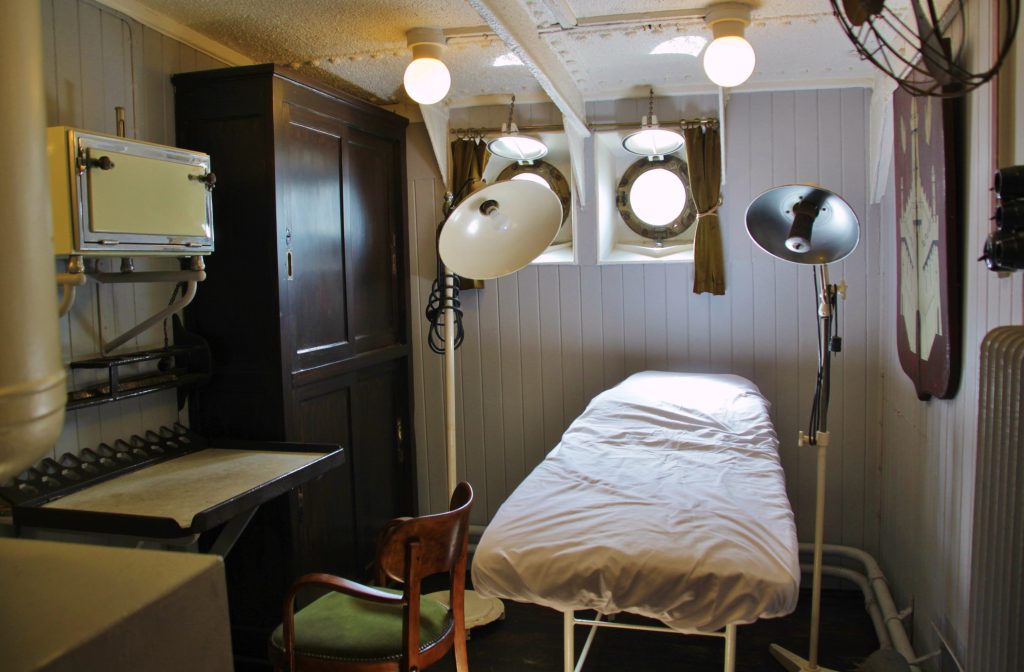 If your doctor makes an obvious mistake in a surgery, you might think you can succeed in a medical malpractice lawsuit against the doctor. However, Louisiana law does not require a doctor to act perfectly. Therefore, if you are considering bringing a medical malpractice lawsuit against a medical professional, you must understand the applicable standard of care you are required to prove they did not satisfy. This case illustrates how the standard of care a doctor is required to follow depends on the existing circumstances.
If your doctor makes an obvious mistake in a surgery, you might think you can succeed in a medical malpractice lawsuit against the doctor. However, Louisiana law does not require a doctor to act perfectly. Therefore, if you are considering bringing a medical malpractice lawsuit against a medical professional, you must understand the applicable standard of care you are required to prove they did not satisfy. This case illustrates how the standard of care a doctor is required to follow depends on the existing circumstances.
Martin Van Buren suffered from kidney disease and underwent a kidney transplant as a young adult. Approximately 12 years later, he suffered additional health problems. While at a hospital in Monroe, Louisiana, he suffered a large gastrointestinal bleed.
While Van Buren was in the ICU, Dr. Claude B. Minor, Jr. was asked to do an emergency surgical consult. When Minor entered the hospital room, Van Buren vomited blood and went into cardiac arrest. Minor stabilized Van Buren and took him to surgery to remove the ulcer. Minor told Van Buren’s mother it was unlikely Van Buren would survive the procedure. After Minor removed the part of the stomach with the ulcer, Van Buren started to bleed in his intestines. While dealing with that complication, Minor reconnected the stomach to the incorrect part of the bowel, which made it so Van Buren could not absorb food. This resulted in diarrhea, malnutrition, and excessive weight loss. The error was later identified and corrected by a different doctor.
Van Buren filed a medical malpractice claim against Minor. The medical review panel found Minor’s actions during the surgery did not meet the applicable standard of care. Van Buren and his mother then filed a lawsuit against Minor. Minor denied any negligence or liability, claiming the surgery was performed under emergency conditions. At a trial, the jury found Van Buren did not prove Minor negligently breached the applicable standard of care. Van Buren’s claims were dismissed. Van Buren appealed.
On appeal, Van Buren argued there was no dispute Minor connected the stomach to the incorrect part of the intestines, which was a breach of the applicable standard of care. The appellate court explained under La. R.S. 9:2794, Van Buren had to prove Minor’s treatment fell below the expected standard of care for a doctor with the same specialty, and the negligence caused his injuries. A doctor is not required to act perfectly; rather, he has to exercise the standard of care of a peer, considering the existing circumstances. Although reports from a medical review panel are admissible in a subsequent lawsuit, that opinion is not conclusive. See La. R.S. 40:1231.8(H).
Here, the appellate court deferred to the trial court’s factual findings and determinations about the conflicting evidence and expert witnesses’ credibility. At trial, witnesses had provided testimony about the emergency circumstances at the time of Van Buren’s surgery. They also provided information on how similar complications could occur, especially in similar emergencies. Therefore, the appellate court held the trial court did not err in finding in favor of Minor and dismissing Van Buren’s claims.
This case shows how even if a doctor makes what seems like an obvious mistake, they might not be liable for medical malpractice, depending on the applicable standard of care expected of a doctor with the same specialty considering the existing circumstances. A good lawyer can help advise you on what evidence can help support your medical malpractice claim and show your doctor breached the applicable standard of care.
Additional Sources: Martin Van Buren, Jr. and Alvoren Van Buren v. Claude B. Minor, Jr. M.D.
Additional Berniard Law Firm Article on Medical Malpractice Standard of Care: Medical Malpractice Case Shows Importance of Laws, Standard of Care Governing Civil Suits When Do I Need Expert Testimony for a Medical Malpractice Lawsuit?
 Louisiana Personal Injury Lawyer Blog
Louisiana Personal Injury Lawyer Blog

